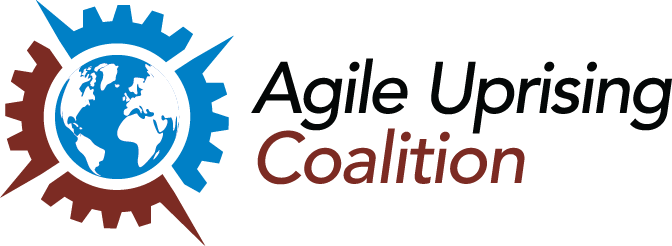Thanks @mkelly. If anything, the article attempts to explain why upfront estimation is difficult and uses the fractal metaphor to illustrate that measuring anything (with self similar fractal characteristics) from a distance is error prone. If one finds the up front estimation approach useful, it gives some pointers regarding the amount of “padding” that one might add to one’s initial estimate. This padding can be determined by the fractal dimension and the “conceptual stride length”…both of which I acknowledge are almost impossible to estimate in themselves! I think it’s useful to think about what it is in one’s system that causes an increase in the fractal dimension. It could be unknown technology, or inexperienced staff, or team handoffs, or multitasking or a host of other things.
I purposely avoided the #noestimates hashtag because I wanted to avoid the bandwagon and wanted people to come to their own conclusions having (hopefully) gained a new perspective.
Happy to chat in more depth if you like. It’s an interesting topic, hashtags or not 


